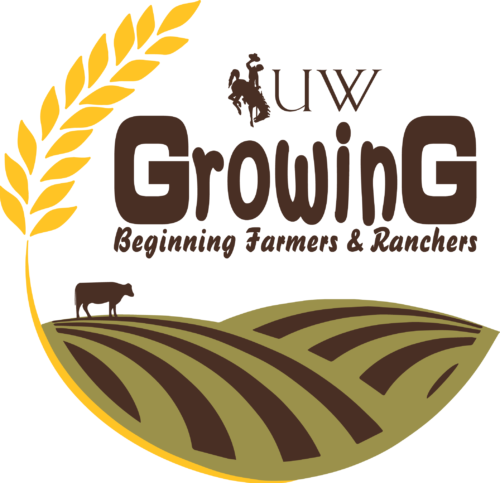Understanding Preparation & Planning
#bfrdpwy #aginternship #RightRisk
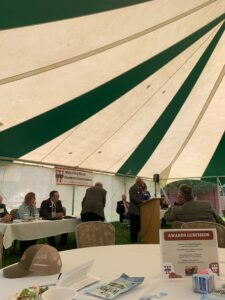
This week was a busier and more fast-paced. Tasks we completed include: flood and pipe irrigating, managing water gates, moving horses to different pastures along with getting a large chunk of all the horses doctored, shod, and a few branded as well. We also went to the Mill Creek pasture and were able to get a good amount of weeding done along with changing some of our irrigation plans to compensate for all the rain we’ve had recently gotten. There was a lot of preparation and loading trailers for the first rides of the season. Lastly, I was able to attend the WSGA Summer Convention, as well as help to get everything in order for the new wranglers that have begun to arrive.
There are a couple major points that I have learned and absorbed more of including the whole of scheduling for haying and irrigation season and how crucial proper timing and coverage is, especially for certain grading of crops such as weed-free crops. Also, being able to learn more about designated areas for doctoring horses and the importance of efficiency, learning how to adapt to changing water levels considering weather and changing waterways that are out of our control, filling every moment we have with proactivity, and always helping out everyone else within our team.
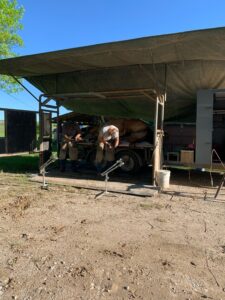
One of the few things that I would think about as challenging this week would be when we all had to prioritize help with farriering and having to decide when or if some horses should be shoed on the table (a flat table to suspend the horses on their sides), or on the ground depending on the horse. We determined this by looking at how long the horses had been with the ranch, if they needed to be freeze branded, their age, what they needed for their feet, and the doctoring they needed. I would propose that the prep take place several days, if not a week, in advance with a numbered, checkable spreadsheet that could be passed to the farrier, owner, manager, as well as key workers helping with the ease of work and flow. I would suspect that it could help to alleviate wasted time along with making sure the horses could be properly watched over and calmed before, during, and after the process.
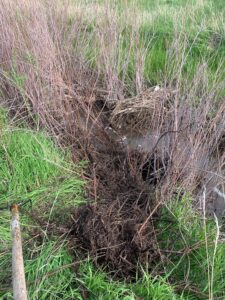
Looking forward to the remaining seven weeks, I would prioritize several things: having better time management with my specific schedule and crucial checkpoints; having at least one beginning-of-the-day meeting or check-in with those who are needed, or not, at the upper ranch; taking time after I finish each crucial pasture to list a noted review that can be easily shared; having easy-to-access, saved photos of all the pastures from a birds-eye view, in order to easily refocus in pastures that I have either no reception or have not been working in or introduced to yet; and lastly, to always be open to new ways of thinking, as well as introducing new ways of thinking while also being aware of how much time we all have to work in a day and what everyone has to prioritize getting done.
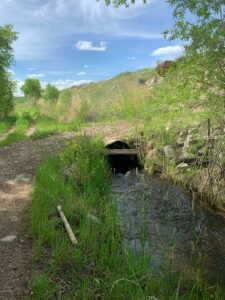
Submitted by: Olivia Halter
Edits by: GrowinG Internship Team
